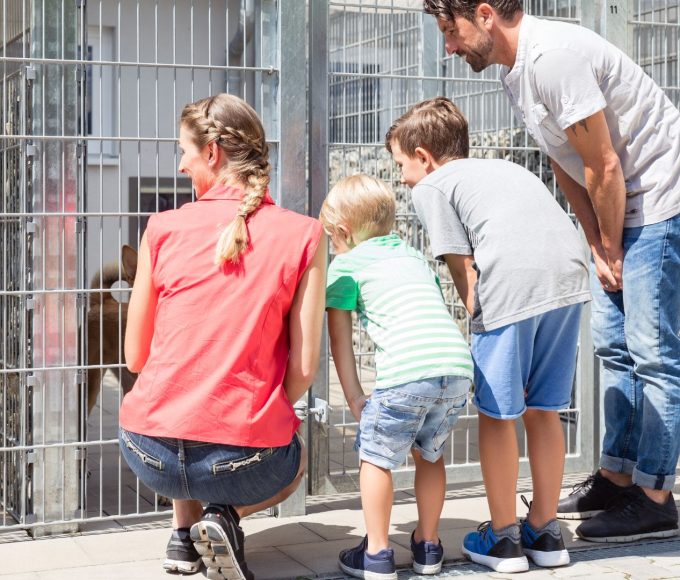Statistics don’t lie, and recent studies from the United States Office on Violence Against Women claim that a woman is beaten or assaulted every nine seconds. Additionally, domestic violence is the leading cause of injury to women in our country. This information is alarming, considering all the campaigns that are meant to stop domestic violence from occurring. So, why is domestic violence on the rise today?
Video Overview
1. Patterns of violence are hard to break. Studies around the world indicate that people who were victims of abuse as children often grow up to become adults who abuse an intimate partner physically, verbally, sexually, or emotionally.
2. Controlling another person is empowering. For some abusive adults, maintaining power or control over an intimate partner gives them feelings of importance and worthiness, especially if they were the victims of abuse as children and had no control over their experiences.
3. External contributing factors in society play a role. From violence in the media that is seen as acceptable, or without consequence, to poor economic times, to excessive alcohol or drug use, external factors feed the fires of domestic abuse as well. When the abuser, for instance, watches a movie in which violent behavior rewards the person as a hero, rather than as a villain, it could influence his or her behavior in real life.
4. Break-up violence is on the rise. For many teenagers and young adults, the concept of break-up violence is increasing as well. Sadly, when a teen or young adult cannot emotionally handle a break-up, he or she will resort to extreme measures. Too often, these types of situations end in death, as in the case of several young couples that have recently been in the news. In these cases, the violence and death are senseless acts that are almost impossible to fathom.
5. Victims are afraid to leave, so the violence continues. Another reason domestic abuse continues to rise is because victims are afraid to leave to get help. Sadly, this allows the abuse to continue, making the victim feel even more helpless and unable to escape from the patterns and controlling natures of his or her oppressor.
 If you or someone you know is in an abusive relationship, know that you can get help from many different sources including friends, family members, and organizations in your community that exist just to help abused women and children, since they are the most common victims.
If you or someone you know is in an abusive relationship, know that you can get help from many different sources including friends, family members, and organizations in your community that exist just to help abused women and children, since they are the most common victims.
Surviving family members who are grieving the wrongful death of a domestic violence victim should seek emotional support from agencies within their community. For legal advice, they may find the information at http://www.perecman.com/new-york-wrongful-death-attorney/ helpful in deciding their next course of action.
Domestic violence is a daily reality for millions of people, but it doesn’t have to be. If you see something, say something. If you know someone needs help, offer it. If you’re a victim of domestic abuse yourself, seek help to escape. Even if you are afraid to leave, consider the dangerous and potentially deadly consequences if you choose to stay.
LaGeris Underwood Bell offers this article in honor of her many friends and loved ones who’ve suffered the onslaught of domestic abuse. She hopes the article will give readers the courage to act against this horrific epidemic.













